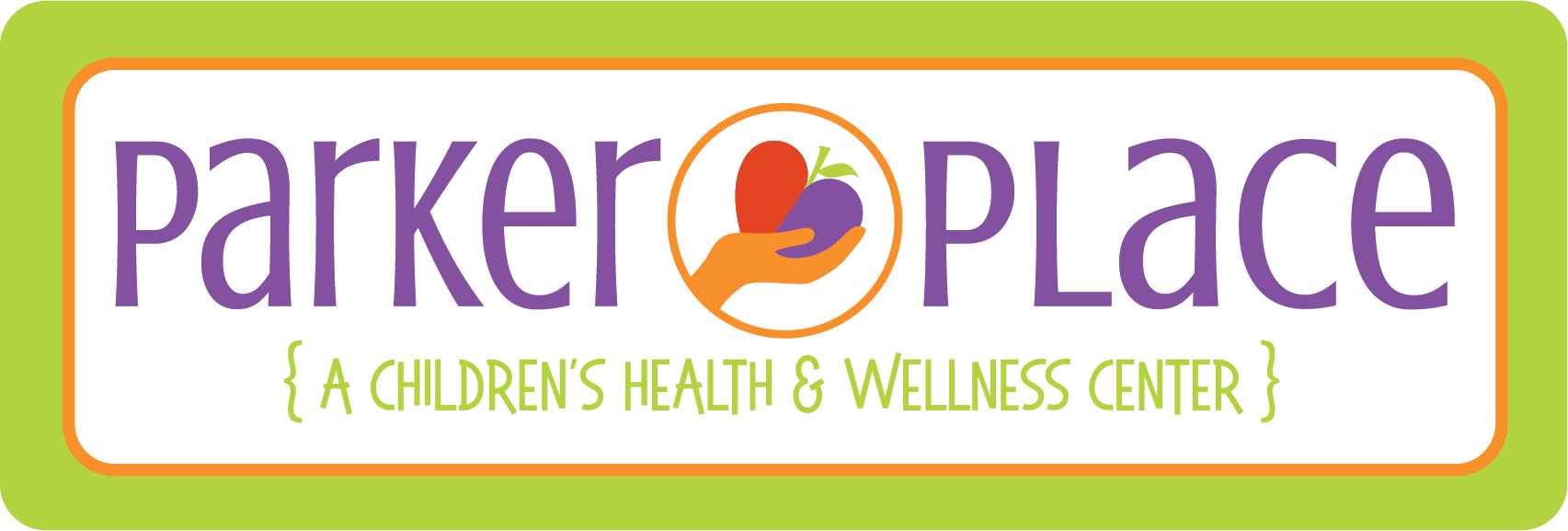SOCIAL PARTICIPATION
Does your child struggle with communicating with others and making friends? These activities fall under social participation, which are activities that involve social interaction with others, including family, friends, peers, and community members, and that support social interdependence. Read more about how OTs address your child's social skills.
Social skills strategies:
Educate the child and family on strategies to enhance self-awareness and relationship skills'
Modify the environment if the child requires sensory input
Reinforce positive social behaviors
Facilitate cooperative play
Encourage the child to engage in mindfulness activities to self-soothe
Encourage your child to express their emotions in a way they are comfortable with (i.e coloring, writing, speaking, playing)
Importance of social skills:
Developing self-awareness, self-management, and relationship skills allows your child to: adapt to change, cooperate in groups take turns during play, recognize and respond to emotions and body language, identify stress triggers/motivational factors, understand how one’s emotions/behaviors affects others
Using skills at home:
Educate the parents on the importance of providing opportunities for social interactions with neighbors and peers in the community to increase exposure to other kids
Collaborate with the family to help the child understand family roles by reinforcing the child in asking for help, giving the child independence in daily tasks, using self-regulation tasks if your child becomes frustrated when engaging with other children
Collaborate with the child to identifying mutual interests between individuals and role play on how to invite others to engage in play activities
Social activities an OT may complete:
Ask your child to identify coping strategies for different emotions they may experience
Create social stories explaining how your child can manage stressful situations
Social stories can target a specific task you want your child to complete (i.e. increase hygiene habits, bedtime routines, how to ask friends to engage in play)
Provide a social script for your child to invite others to play
Asking the child to describe emotions based on facial expressions on cards
Participate in a social skills group

